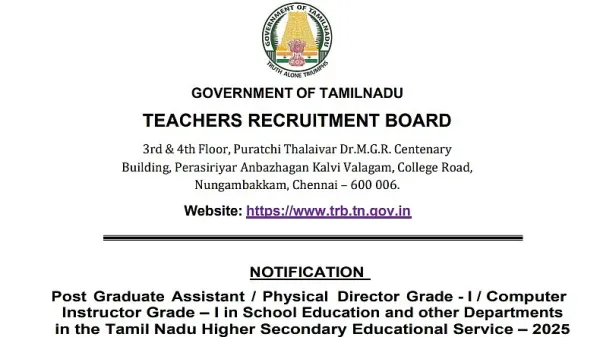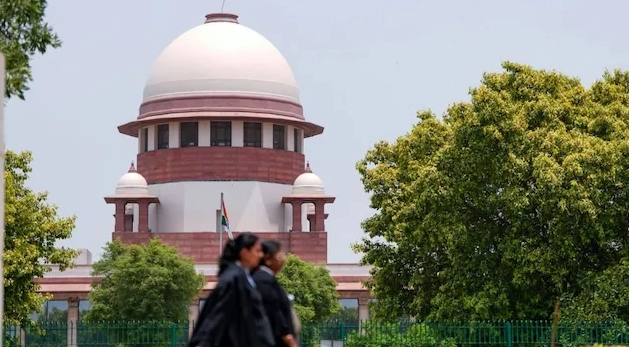
The Supreme Court of India has reiterated that the failure of a donee or receiver to maintain the donor cannot, by itself, constitute valid grounds for revoking a gift deed under Section 126 of the Transfer of Property Act, 1882, unless the right to revoke was expressly stipulated in the deed itself.
A bench comprising Justices Sanjay Karol and Satish Chandra Sharma dismissed a Special Leave Petition (SLP) filed by J Radha Krishna, thereby affirming the judgment of the Andhra Pradesh High Court dated November 15, 2012. The high court had upheld the validity of a gift deed executed in favour of the respondent, Pagadala Bharathi, who was described as the foster daughter of the donor, KVG Murthy.
The principal question before the court was whether a gift deed could be revoked due to the alleged non-fulfilment of a promise by the donee to maintain the donor. The Supreme Court answered in the negative, holding that unless the deed contains an express condition reserving the right of revocation, no such unilateral cancellation is permissible.
“The failure of the donee to maintain the donor as undertaken by him in the document is not a contingency which could defeat the gift," the court observed. “All that could be said is that the default of the donee in that behalf amounts to want of consideration."
The bench emphasised that Section 126 of the Transfer of Property Act expressly bars revocation of a gift deed on the ground of failure of consideration. It clarified that in such instances, the appropriate remedy lies in filing a separate claim for maintenance, and not in attempting to unilaterally revoke the gift deed.
The dispute stemmed from a gift deed executed on January 10, 1986, by KVG Murthy in favour of Pagadala Bharathi. Subsequently, the donor attempted to cancel the deed through a cancellation document dated December 30, 1986, and later executed a will in favour of his nephew on September 30, 1992.
The petitioner, Radha Krishna (the nephew), contended that the deed was not an absolute gift but more like a conditional settlement, requiring Bharathi to maintain the donor. He argued that the failure to fulfil this obligation rendered the cancellation valid.
However, the high court had already rejected this claim, holding that the evidence showed no binding legal condition, only a mere expectation or moral obligation that the donee would care for the donor.
Agreeing with this view, the Supreme Court ruled that the findings of the high court were consistent with the legal principles governing gifts and were neither perverse nor based on a misreading of the statutory framework.
“It is not open to a settlor to revoke a settlement at his will and pleasure," the court remarked. “Revocation must be based on legally sustainable grounds and effected through due process of law."
Section 126 of the Transfer of Property Act allows for revocation of a gift only under certain conditions:
If the gift is subject to a condition that is expressly stated in the deed;
And if such a condition relates to the happening of an event that is not dependent on the will of the donor.
In the absence of such express conditions or stipulations, a gift deed, once executed and accepted, cannot be revoked merely on grounds such as emotional expectations or failure of maintenance.
“In our considered view, the findings remained unimpeachable from the evidence led by the parties," the bench noted. “It cannot be said that the same are in any manner perverse or based on incorrect reading, application, or interpretation of the statute."
With no substantial question of law arising in the matter, the Supreme Court refused to interfere with the high court’s decision, harping on the fact that emotional or moral expectations cannot substitute for express legal conditions in property transactions, and that Section 126 TPA requires strict compliance for any revocation to hold ground.
-
`Flies That Colonise Corpse Help To Determine Time Of Death’
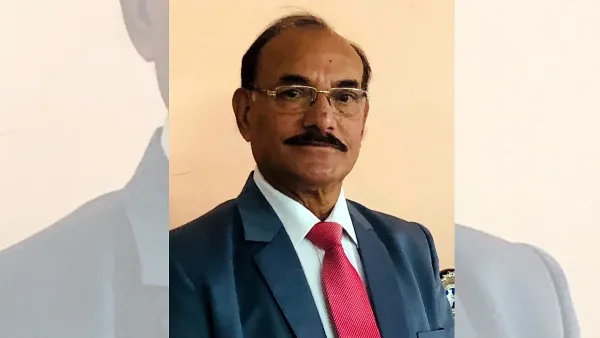
-
NEET PG 2025: NBEMS Warns Candidates About Fake Notices & Scams
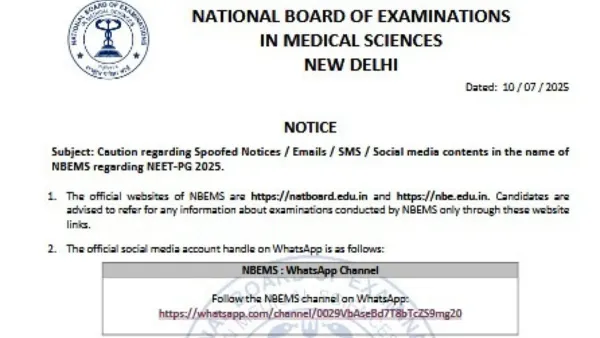
-
Australia Skipper Pat Cummins Set To Feature In Cartoon Series 'Snick And Willow'; Details Revealed

-
Rajasthan High Court Recruitment 2025: Civil Judge Cadre Exam Admit Card Out; Direct Link Here
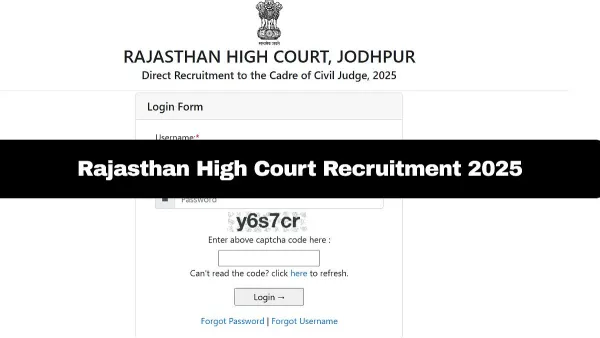
-
TN TRB Recruitment 2025 Begins For 1,996 Teaching Posts; Apply At trb.tn.gov.in
